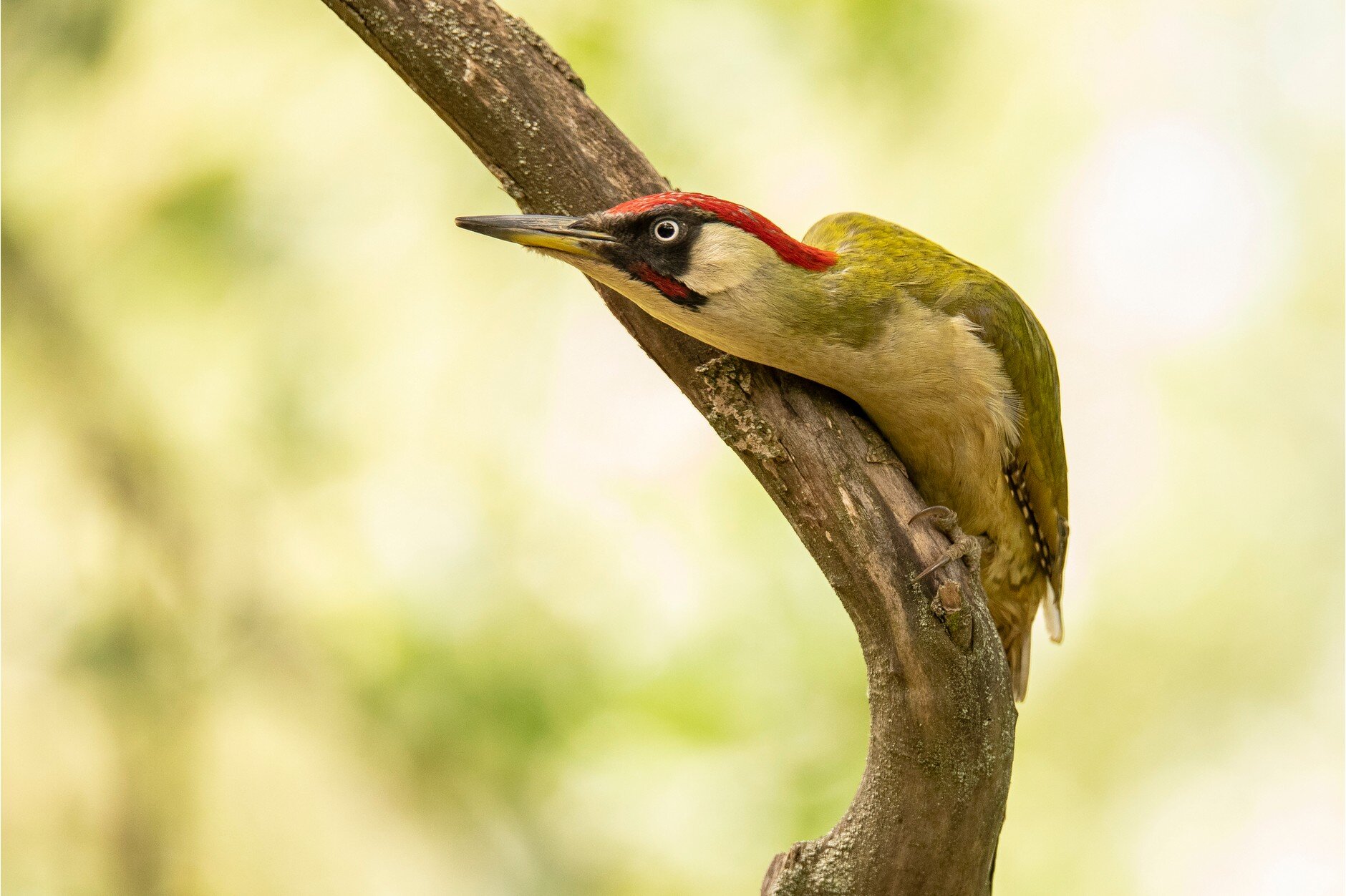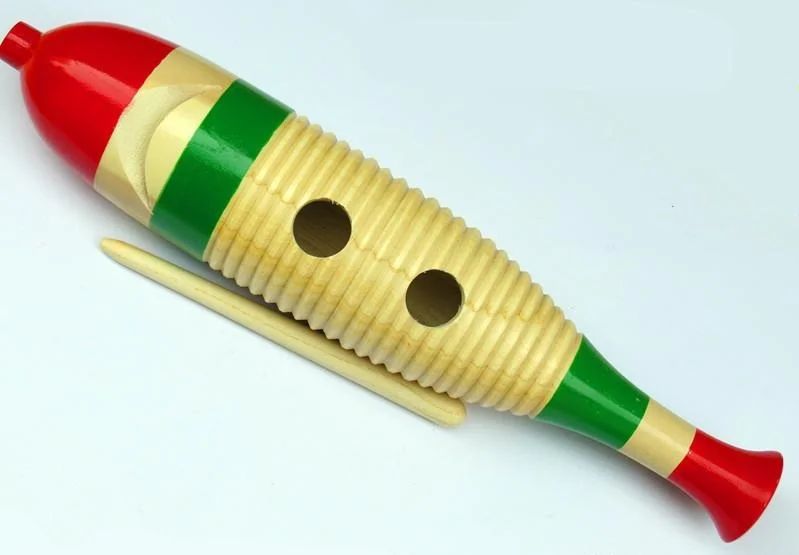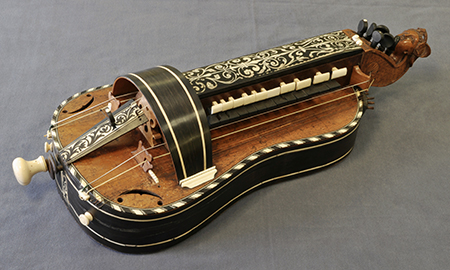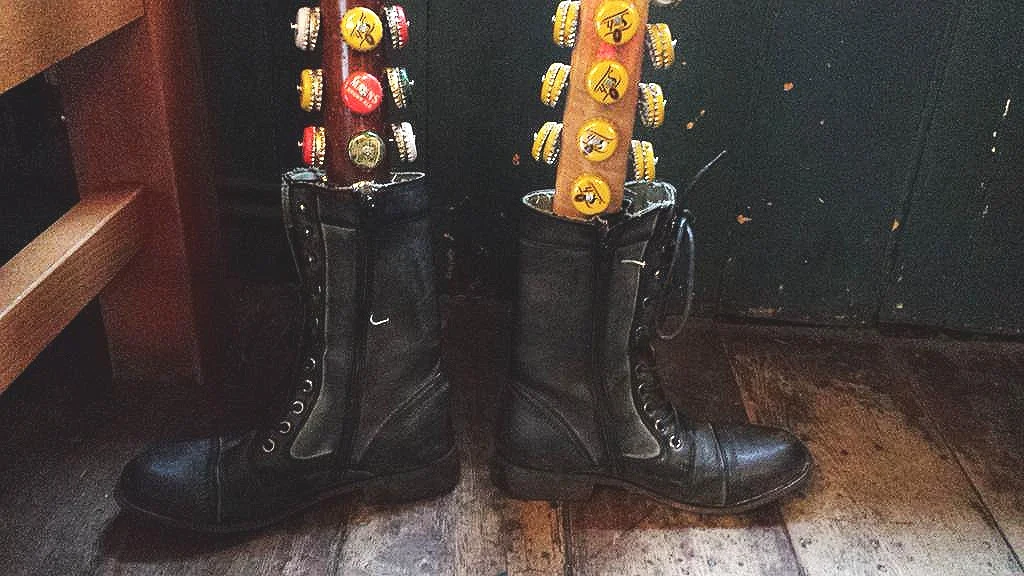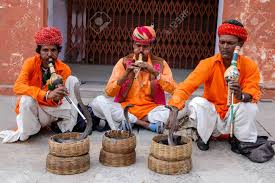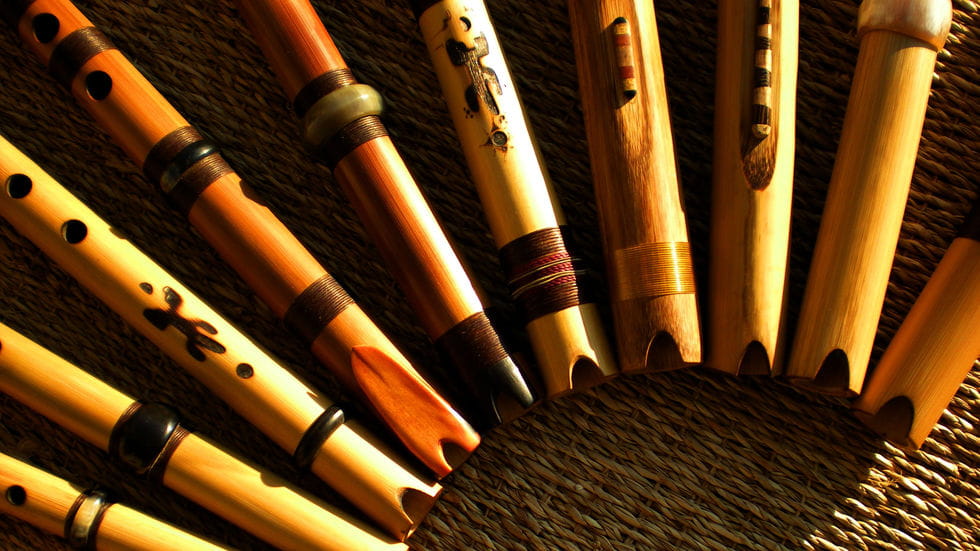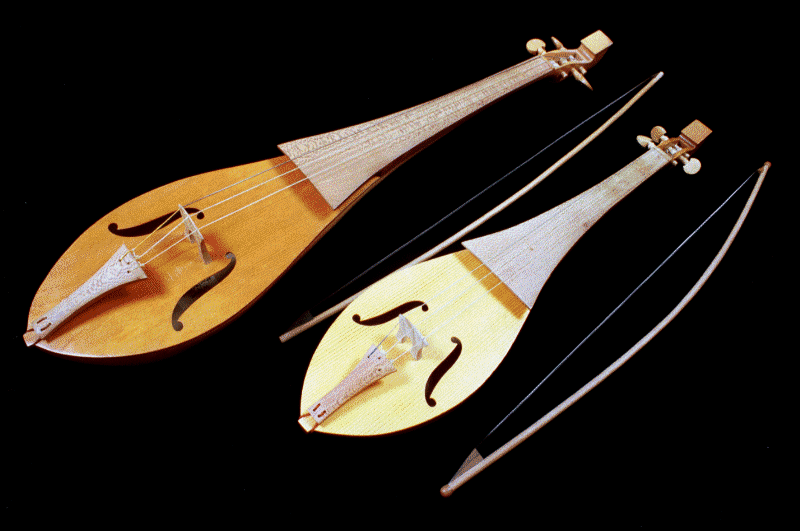Word of the week: Rare, archaic, evocative, and great to get lips and tongue around, it means to satisfy or satiate a hungry person, usually in the context of food, but of course in song lyrics that can mean a whole lot more
Read moreWord of the week: rassasy
Rick Moranis is confronted by the plant, played by Levi Stubbs, in Little Shop of Horrors (1986).





